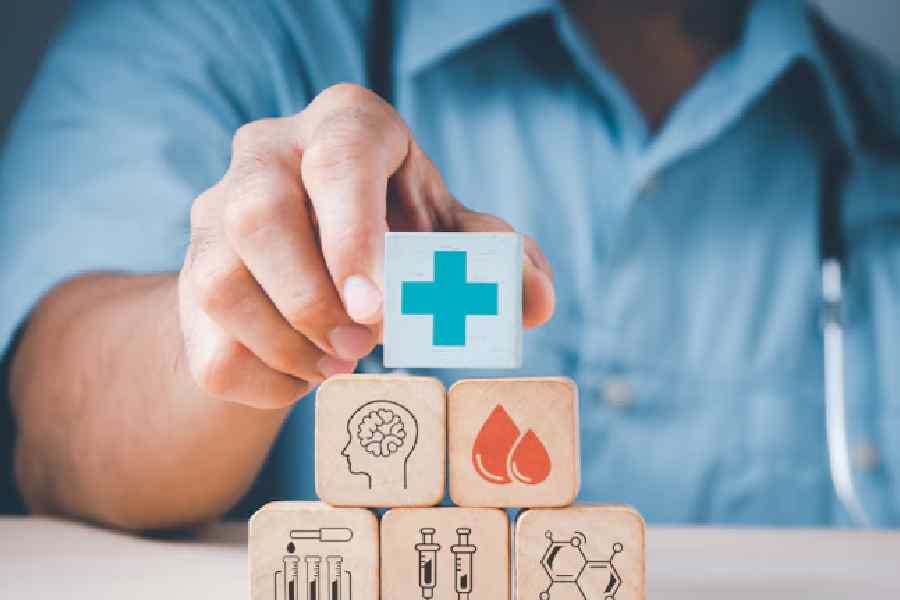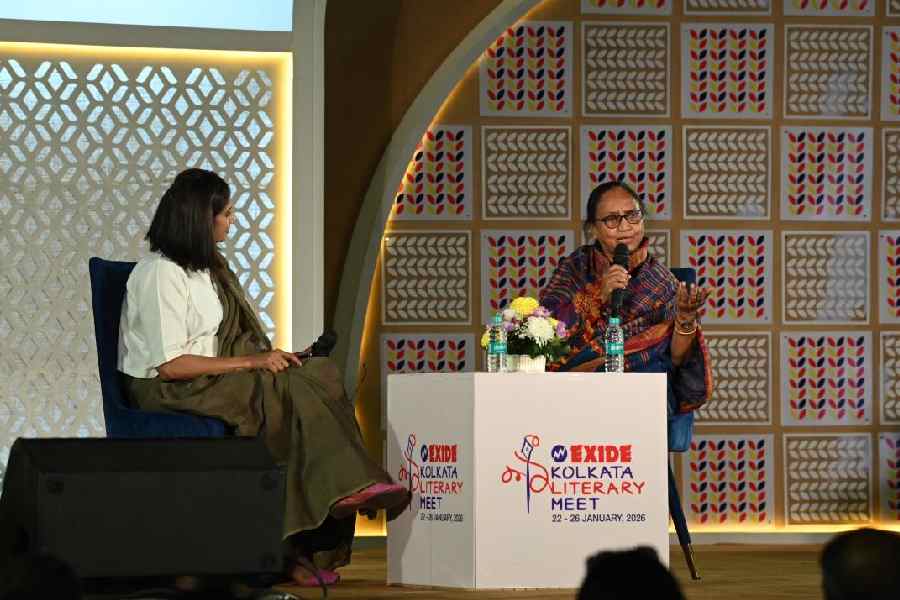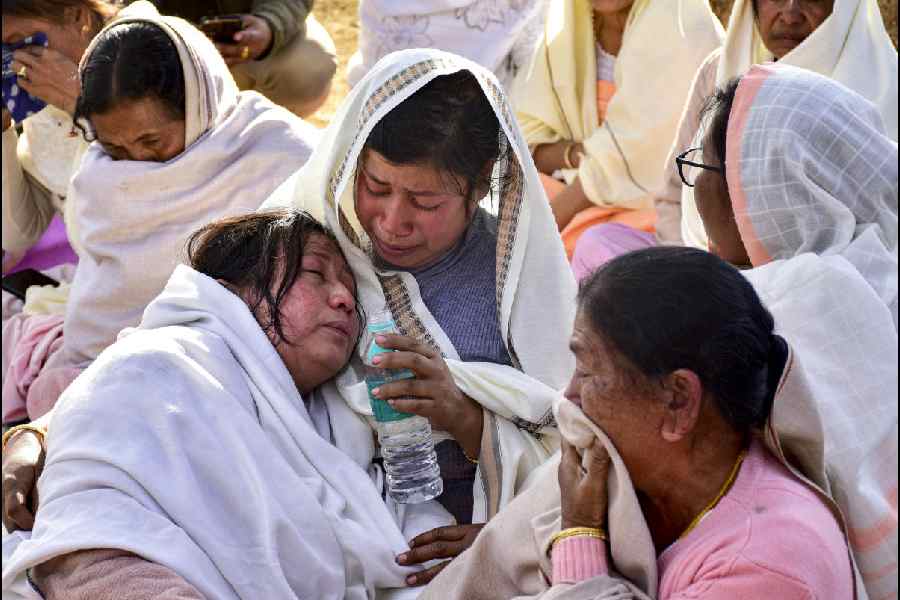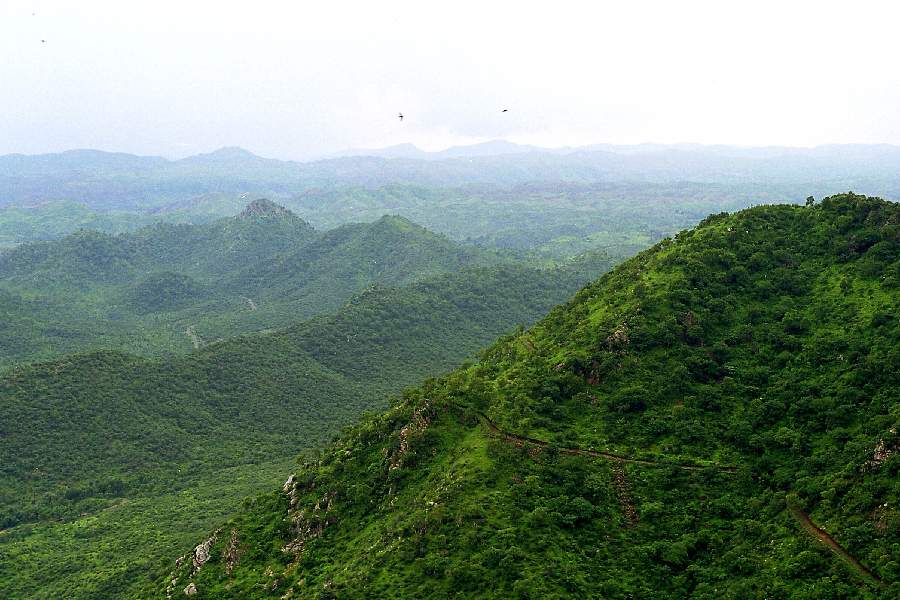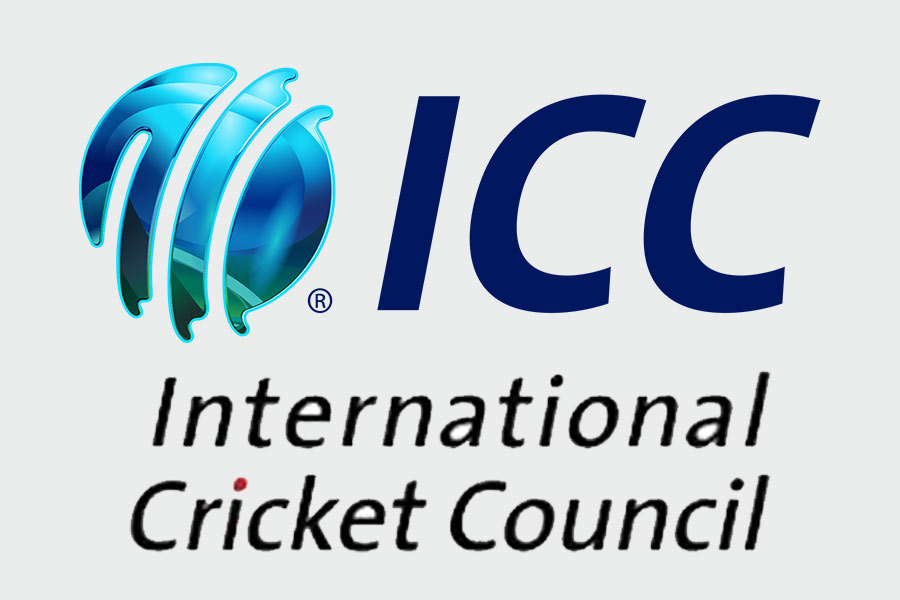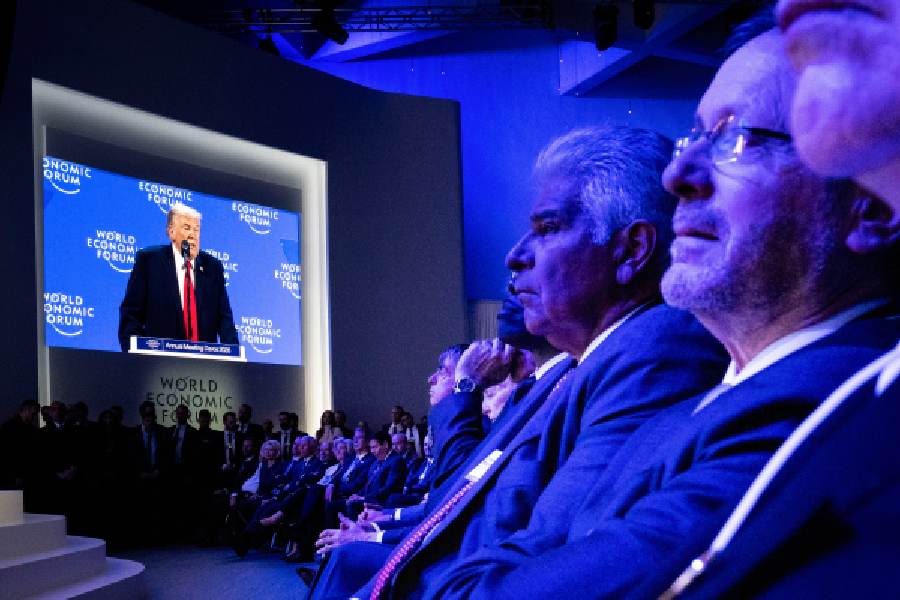The repercussions of the withdrawal of the United States of America from WHO and the US’s dismantling of USAID are yet to be measured. However, the impact would particularly be brutal for Africa: the continent carries over 20% of the world’s disease burden.
Africa heavily depends on foreign resources as over 90% of its vaccines, medicines and diagnostics are externally sourced. As the continent frantically seeks alternatives, India can play a decisive role during this hour of crisis. One of the most promising areas of the India-Africa partnership is healthcare and pharmaceuticals where the synergy between India’s medical innovation and Africa’s growing healthcare needs presents a compelling opportunity.
India and Africa face many of the same challenges in healthcare: underfunded systems, lack of access to affordable medicine, shortages in trained personnel, and rural-urban disparities. The Covid-19 pandemic exposed these vulnerabilities but also highlighted the power of collaboration. While pharmaceuticals have remained the backbone of this collaboration, the partnership must evolve to include the full spectrum of Africa’s healthcare needs. Investment in hospital infrastructure, diagnostic services, telemedicine platforms, and digital health records would be the key to addressing both infectious and non-communicable diseases. India’s expertise in generic medicine manufacturing, combined with its growing capability in medical devices and diagnostics, presents an opportunity to develop localised solutions for African countries.
Telemedicine has the potential of bridging the urban-rural divide by providing remote access to specialist care. India, with its experience in deploying digital health platforms, can assist African nations in developing similar tools for nationwide health monitoring and service delivery. Capacity-building through virtual training platforms and real-time consultation can empower local healthcare professionals and create a sustainable knowledge exchange network.
Training and education remain vital pillars in the India-Africa healthcare relationship. Offering medical training, scholarships, and continued skill development opportunities would help build self-reliant health systems across Africa.
India’s reputation as a centre for affordable and quality healthcare has also contributed to the growth of medical tourism from Africa. However, a long-term strategy focused on transferring knowledge and building health infrastructure within Africa can deliver more sustainable outcomes.
Traditional medicine plays an integral role in the healthcare practices of both India and Africa. The two regions can leverage this shared heritage to create a unique model integrating traditional knowledge with modern healthcare standards.
For the India-Africa healthcare partnership to reach its full potential, systemic improvements must be made in regulatory processes. Long timelines for drug approvals and imports reduce the efficacy and the utility of new medicines. Streamlining these systems through bilateral agreements and mutual recognition mechanisms can accelerate access to life-saving treatments.
Innovation must also be at the heart of this collaboration. Emerging technologies like Artificial Intelligence, Virtual Reality, and robotics have the power to revolutionise diagnostics, medical training, and patient care. India can offer cost-effective and scalable tech solutions that suit the realities of African health systems.
Africa’s pharmaceutical market is worth approximately $25 billion. India must develop novel investment models, reworking its current public-private partnerships and government-supported lines of credit that can be tailored to finance infrastructure projects, digital health platforms, and pharmaceutical manufacturing units across Africa.
By leveraging India’s strengths in pharmaceuticals, digital health, medical education, and traditional wellness and combining them with Africa’s dynamic potential and demand, the two can jointly build resilient, equitable healthcare systems.
Samir Bhattacharya is an Associate Fellow at the Observer Research Foundation

